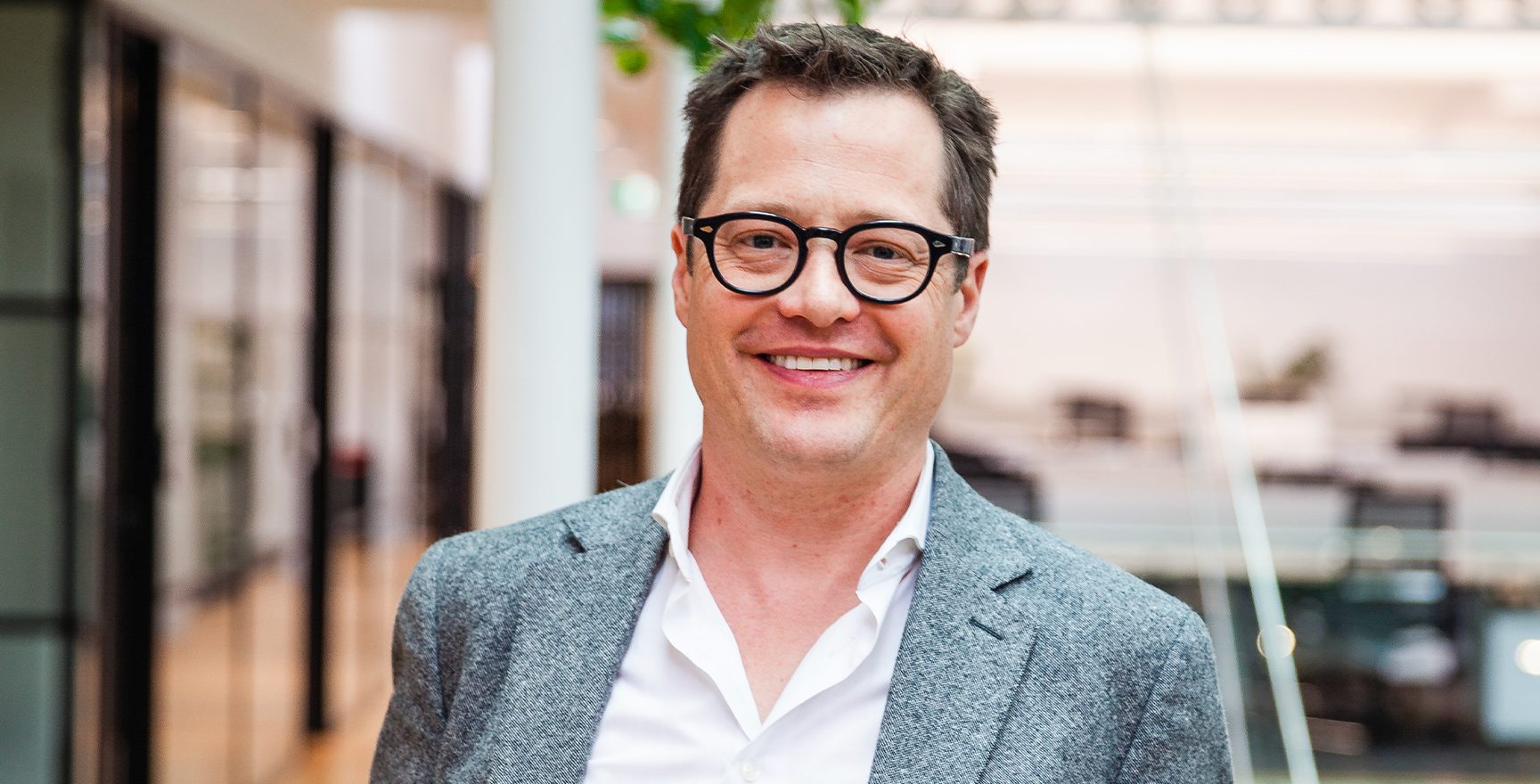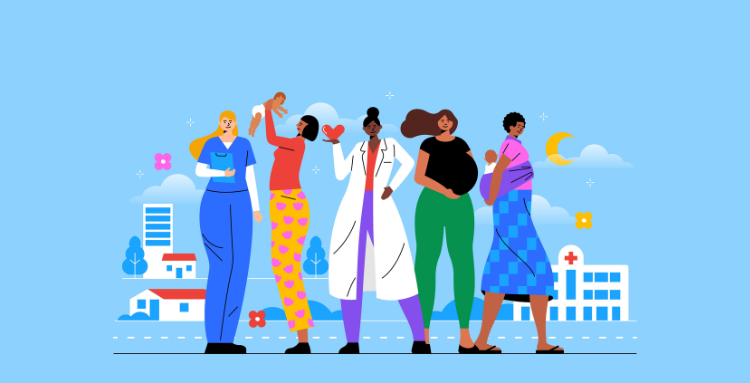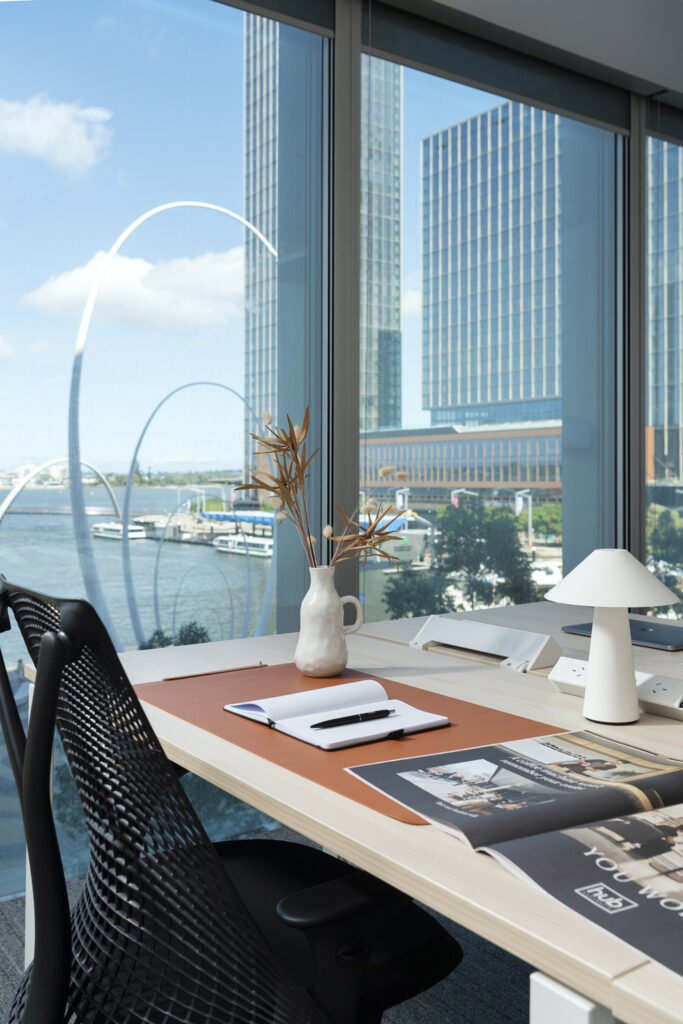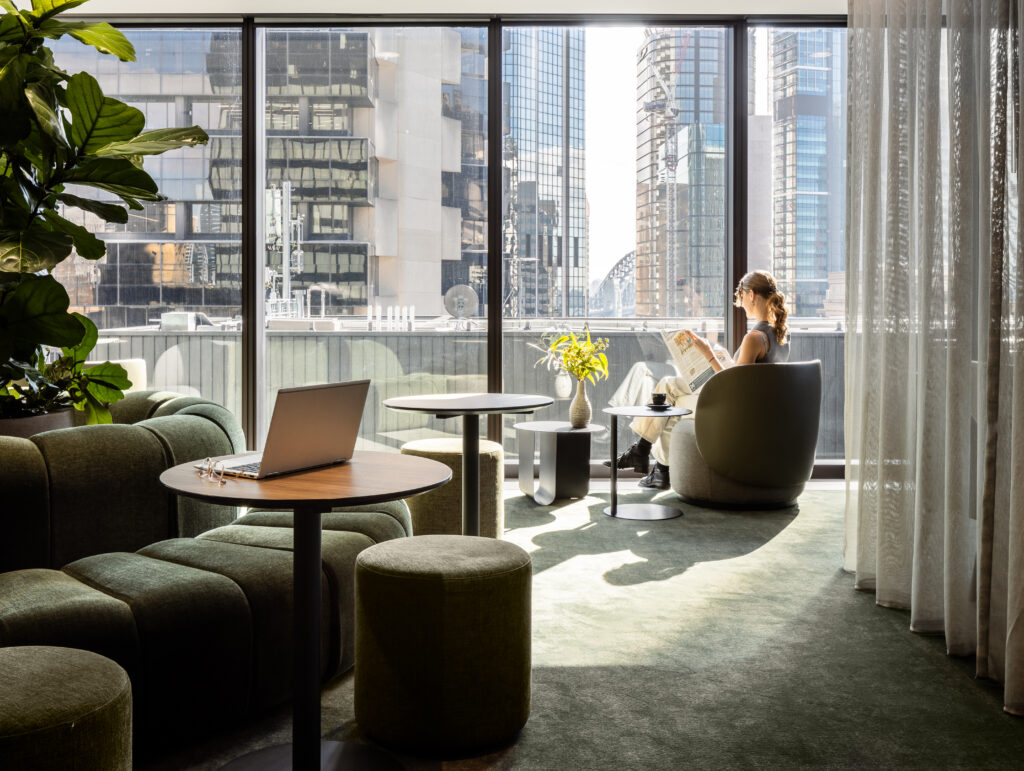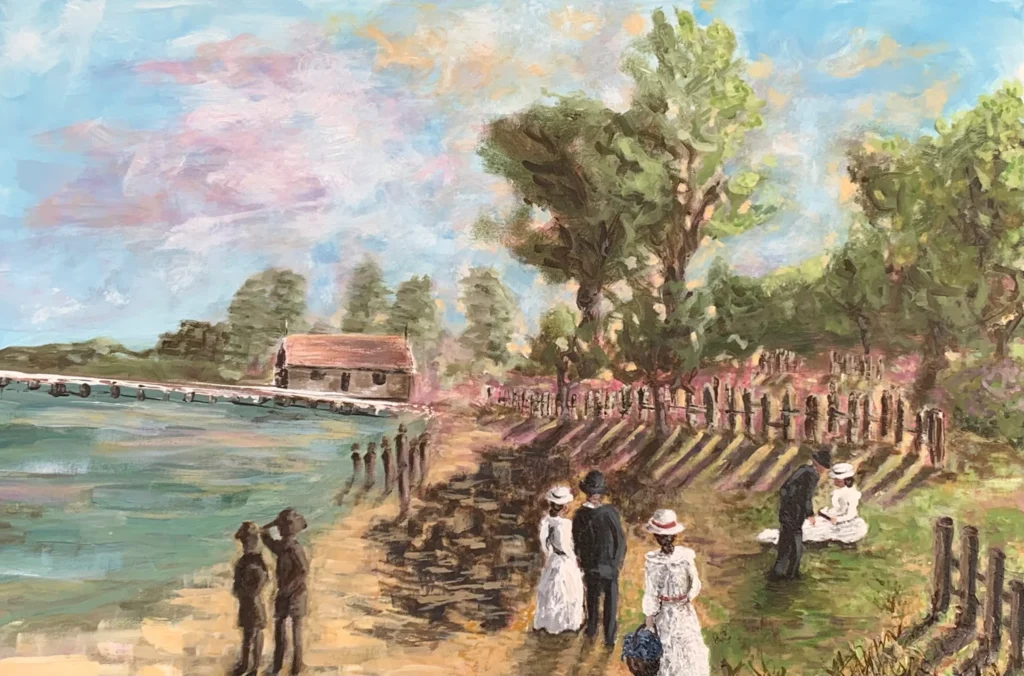Ten years ago, Hub was first certified as a B Corp. Back then, the number of B Corps in Australia was barely in the double digits, and we proudly became the very first coworking provider to be certified.
Since then, we’ve gone on to achieve all sorts of great things. We’ve grown to 14 locations, hired over 140 employees, ventured out into city-fringe and suburban areas, became the first carbon neutral certified coworking space, offered over 200 complimentary memberships to businesses doing good as part of our Flexi-Impact Program, and became certified as a Great Place to Work from 2019 up until now. It’s been a huge 10 years for us.
To celebrate such a momentous occasion, we sat down with our CEO and founder Brad Krauskopf, and our very own ESG manager Whitney Teluk, to take a look back on the past 10 years as a B Corp and to look forward to all the exciting things the future holds for us here at Hub.
Let’s go back to the very beginning, Brad. Why did you first make the decision for Hub to commit to becoming a Certified B Corp?
Beyond profit has always been one of our values, even back then.
Our impact on the community and environment has also always been a part of what we do, rather than just a nice to have. If I was to connect it to a ‘why’: people know that they don’t have to physically go somewhere to work, but we all want to belong to something bigger. This is only more pertinent post-pandemic.
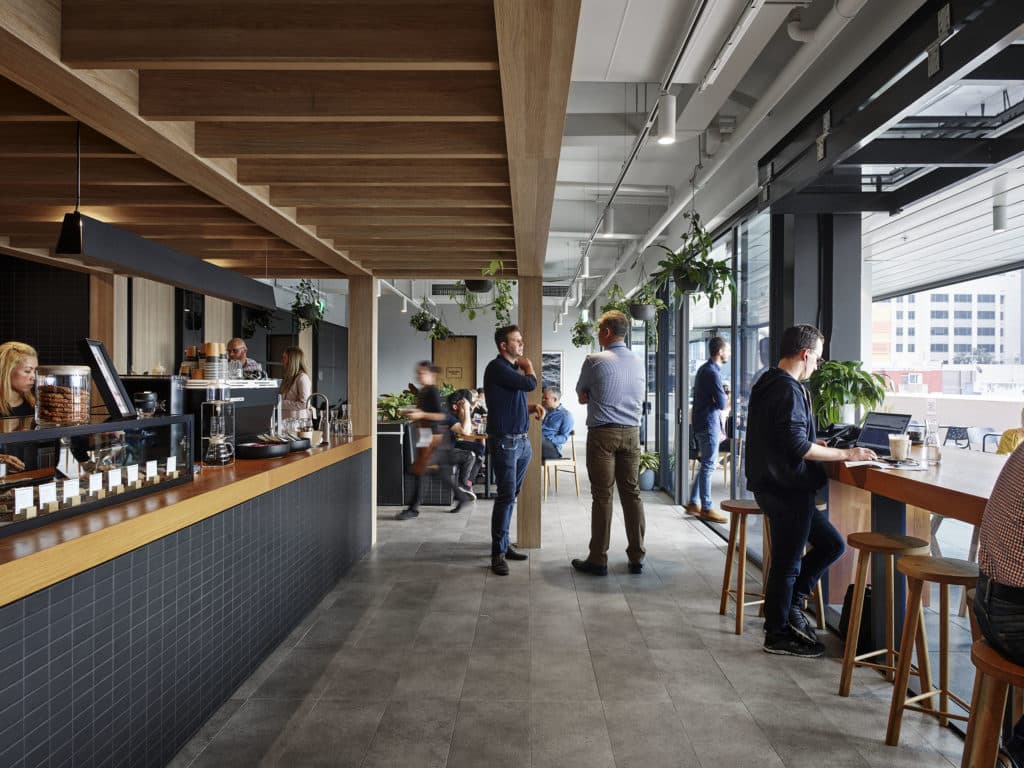
Because of this, we want to create an experience that’s truly different and that people love, rather than just an office people are told they have to go. It’s not just about offering desks and chairs. Becoming certified as a B Corp hugely contributed to us creating this holistic workspace experience, for both our customers and our team.
Looking back on the process of getting certified and then re-certified as a B Corp, Whitney, how has it changed over the past 10 years?
Each year the process of getting certified gets more rigorous, and that’s not just because of the changes in the size of our team. B Lab has a whole team of people that look at global trends and best practices in the ESG and impact space, which they then use to guide the certification process.
At the beginning, it was more about documenting and formalising all the good things we were already doing. Now, it’s more about our certification giving us an action plan of what to focus on and what areas we need to improve.
As a B Corp, it’s also now mandatory to commit to the B Corp legal requirement. We amended our company constitution to commit to taking into account all stakeholders when making decisions, not just shareholders.
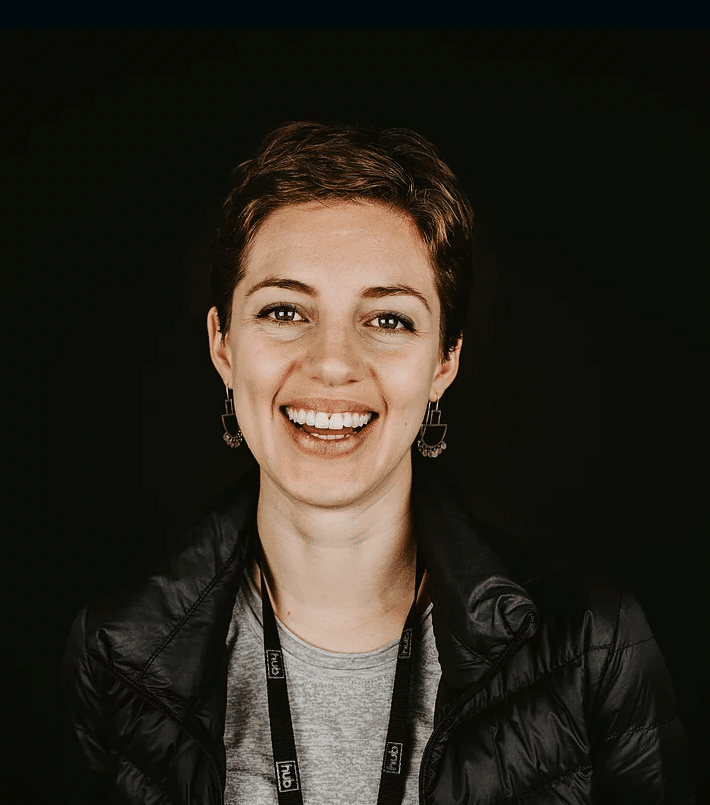
Whitney Teluk, ESG manager at Hub Australia
And what are some things we’ve implemented that have contributed to our recertifications throughout the years?
We’ve made a lot of progress, particularly in the ‘environment’ impact area, mostly due to the work we’ve done around becoming carbon neutral certified.
We’ve also made leaps and bounds in the ‘worker’ impact area. We’ve updated our parental leave policy, which includes a ‘superannuation guarantee’ that ensures superannuation is paid for the full 12 months of leave, regardless of how long parental leave is paid for.
We’ve had more staff members use their personal development leave and funds that we offer, and we’ve got more mechanisms in place to measure employee satisfaction. Our certification as a Great Place to Work for the past four consecutive years has also greatly contributed.
Looking forward to the next 10 years, Brad, what are we working towards as a B Corp?
Where do I begin. We’re hoping to focus more on disability access, and continue our commitment to carbon neutrality – we expect to grow to over 100,000 metres of space in the next three years, and that number will only increase in the years after that.
Commercial buildings produce a lot of carbon emissions, and I don’t know of any other certified carbon neutral flexible workspace operator in Australia, let alone the world.
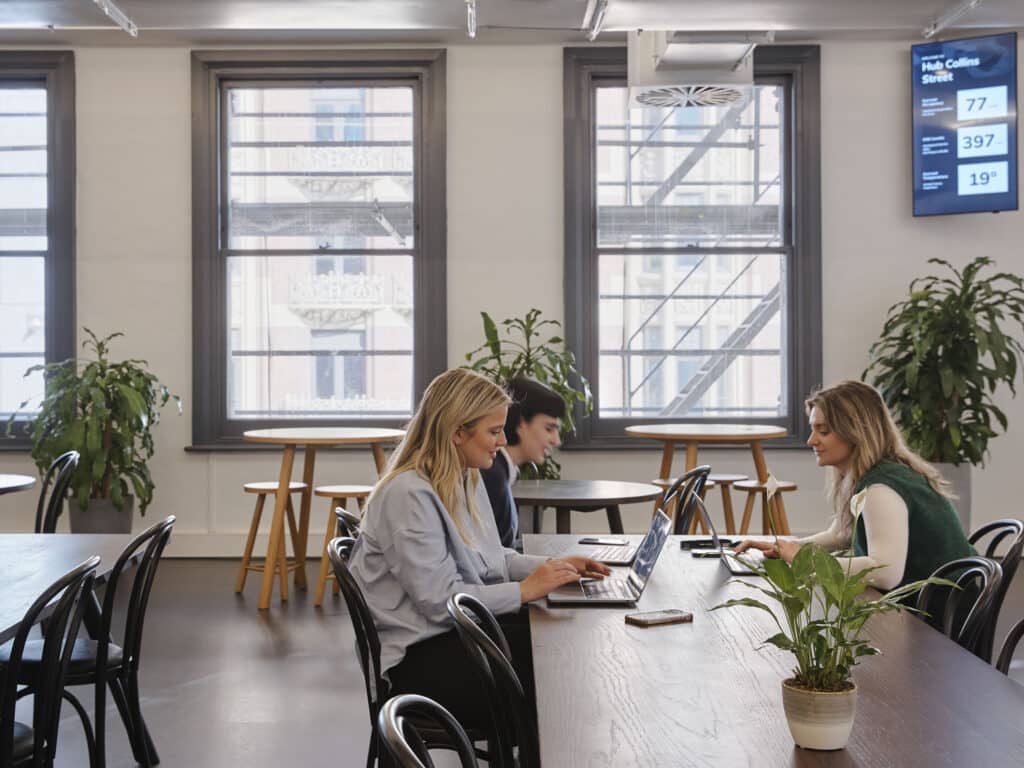
We’re moving into the next stage of our Reconciliation Action Plan, and will be offering even more complimentary memberships to our spaces through our Flexi-Impact Program as the years go on.
We’re reassessing our supply chain for CapEx consumables, and turning our focus to doing business with other businesses doing good at all levels of our procurement and operations.
Finally, a huge win for us is that we’ve just launched a brand called Hub Local, which sees us offer workspaces in suburban areas to enable people to work closer to home and reduce the impact of commuting.
This is also all part of our commitment to contributing to a greater work life balance for our members and staff. We just opened Hub Local – Box Hill in Melbourne, and will be expanding to Newcastle and other regional areas soon.
And now a question for both of you – what has been your biggest learning over the past 10 years as a B Corp?
W: Honestly, probably how commercially beneficial the certification has been. I wasn’t expecting there to be such an awesome return on investment in becoming a B Corp.
It’s also been really inspiring seeing how many staff and members we attract because of the certification. Out of all of the 500 or so B Corps in Australia and New Zealand, 3% of them work from Hub, which is something we’re so proud of.
B: There are so many ways that you as a business can make an impact. And quite frankly, you can’t do everything. One of the great things about B Lab is that they have come up with around 200 areas that you can focus on, so you don’t end up spreading yourself too thin as a business.
I’ve learnt that it’s important to focus on a certain number of things, and just do them really well.
